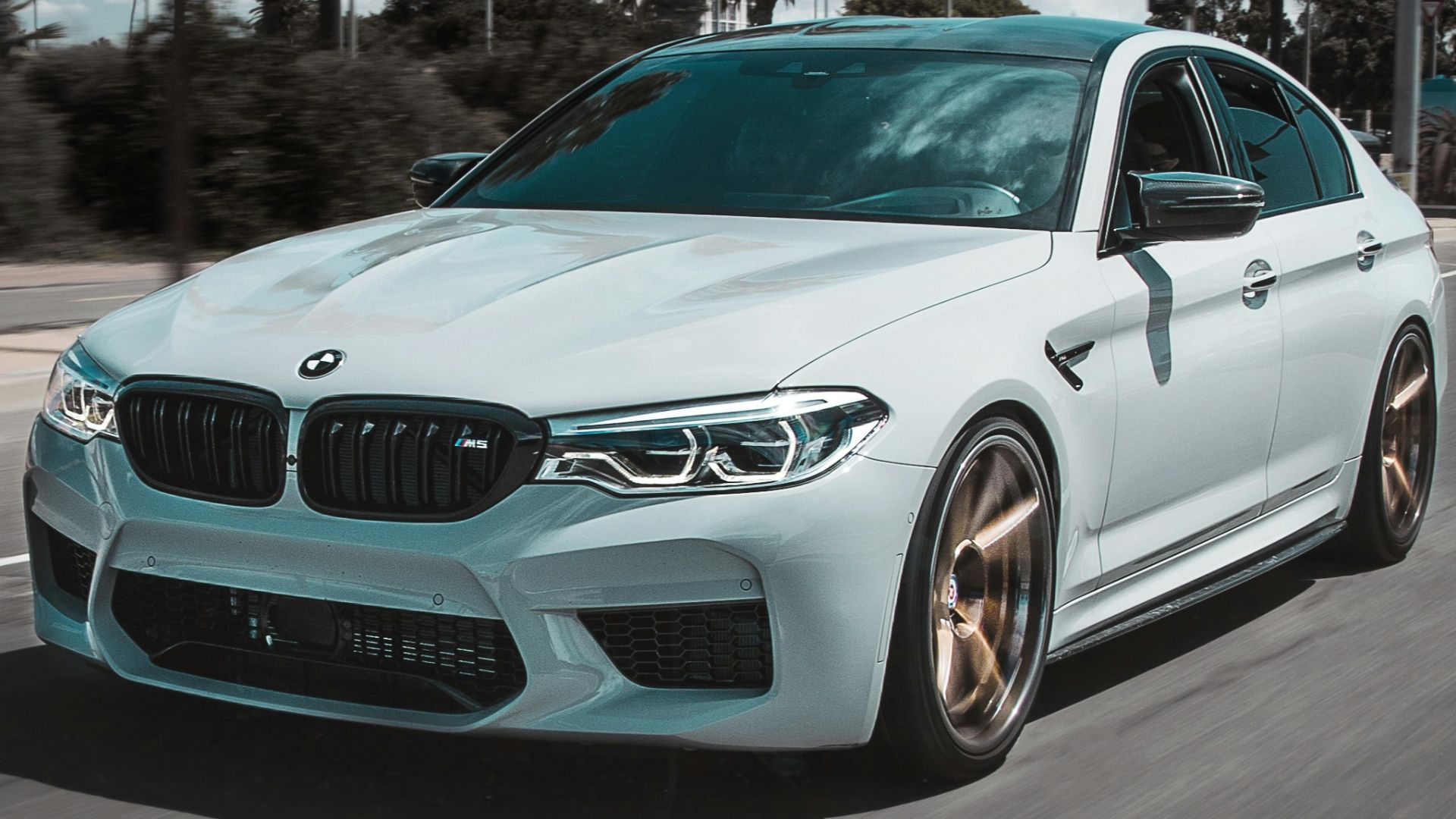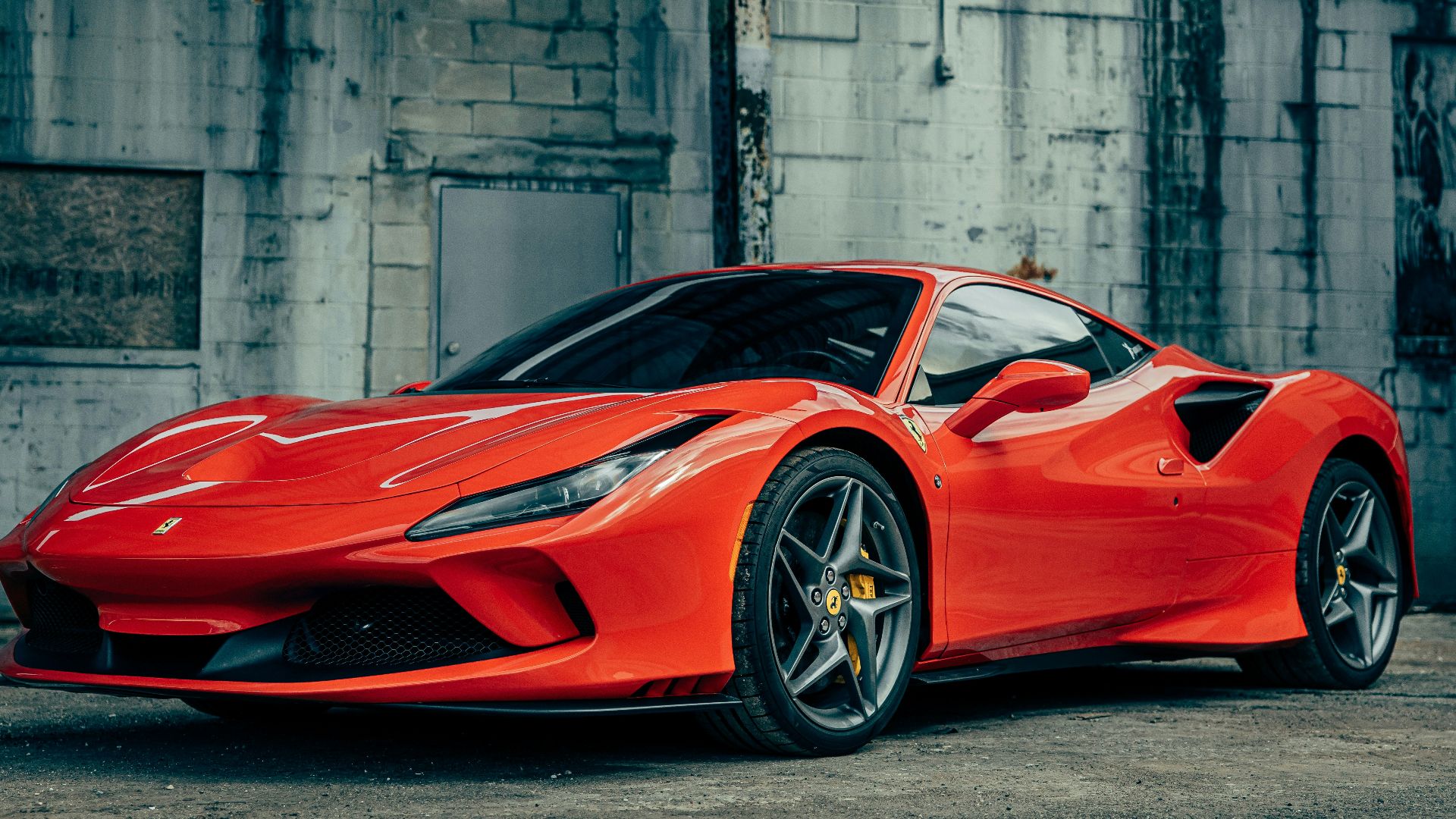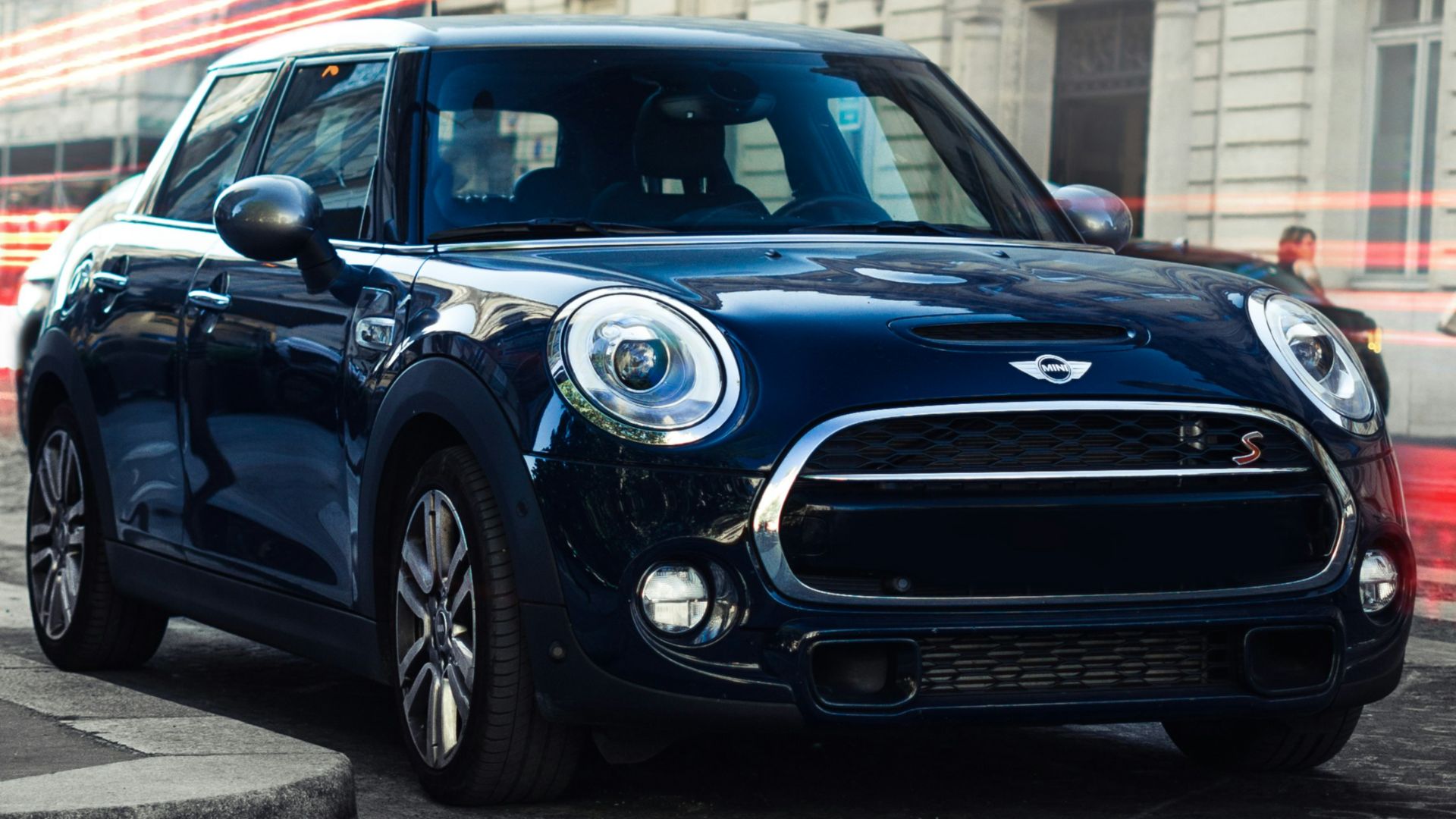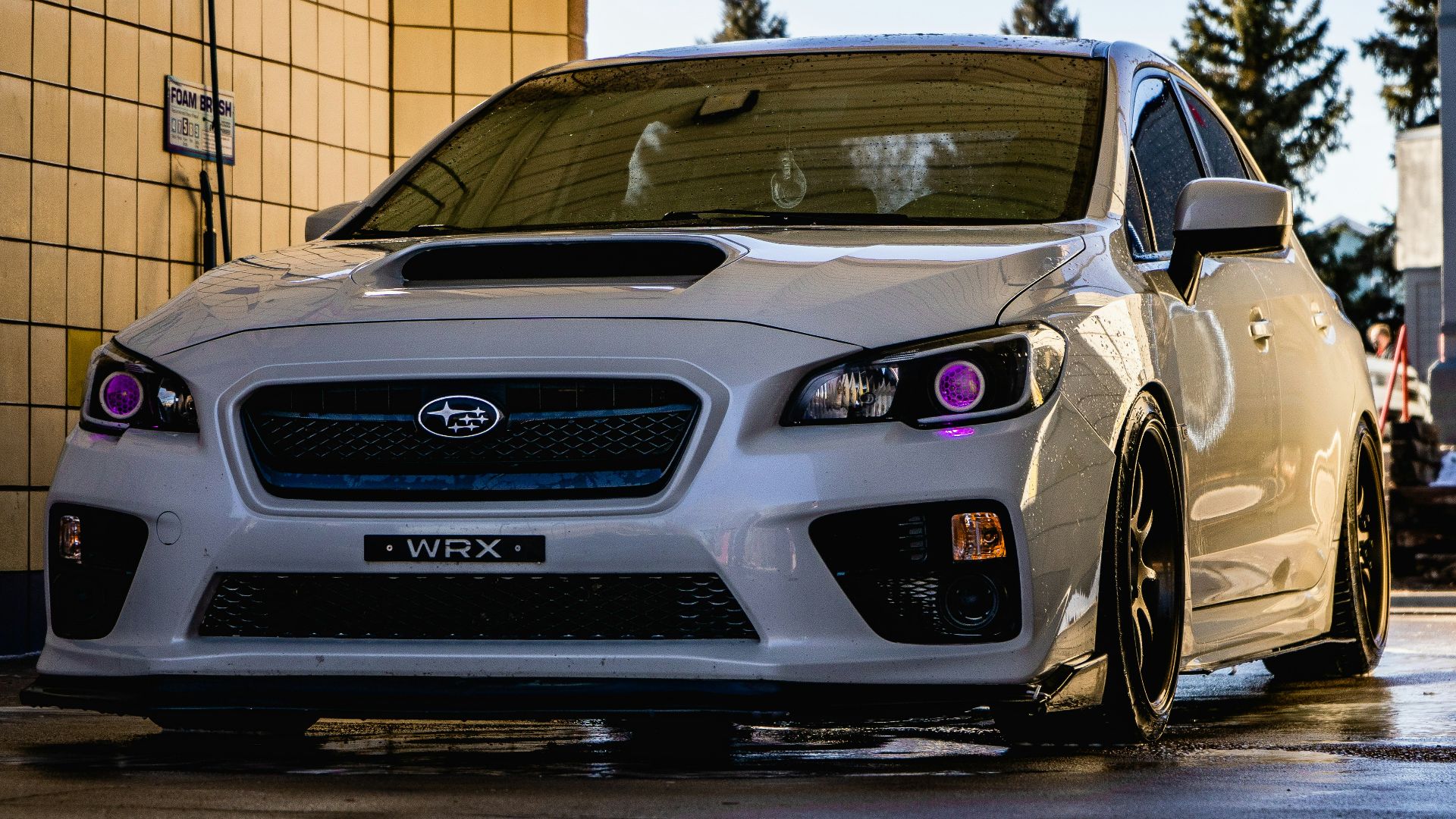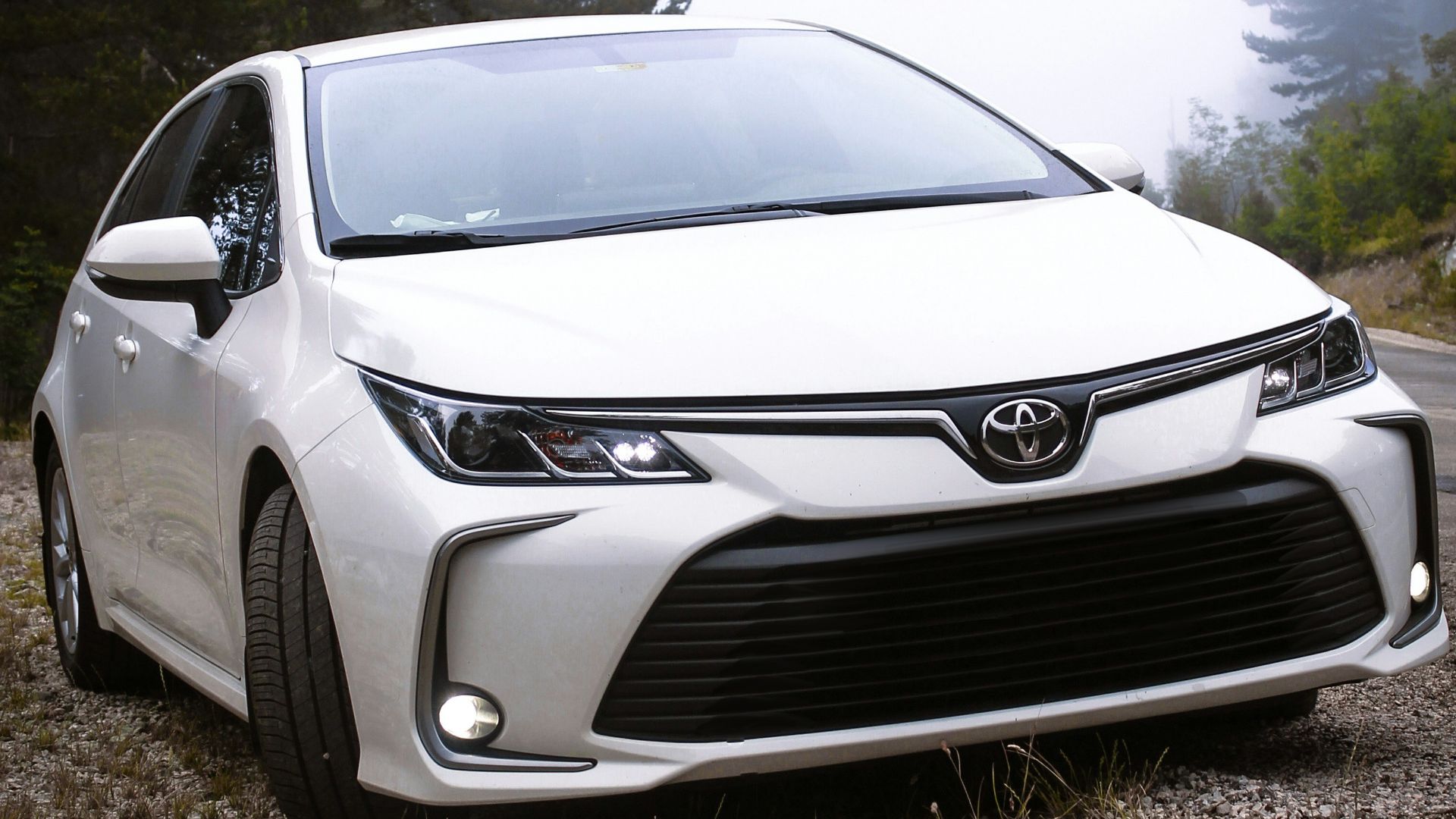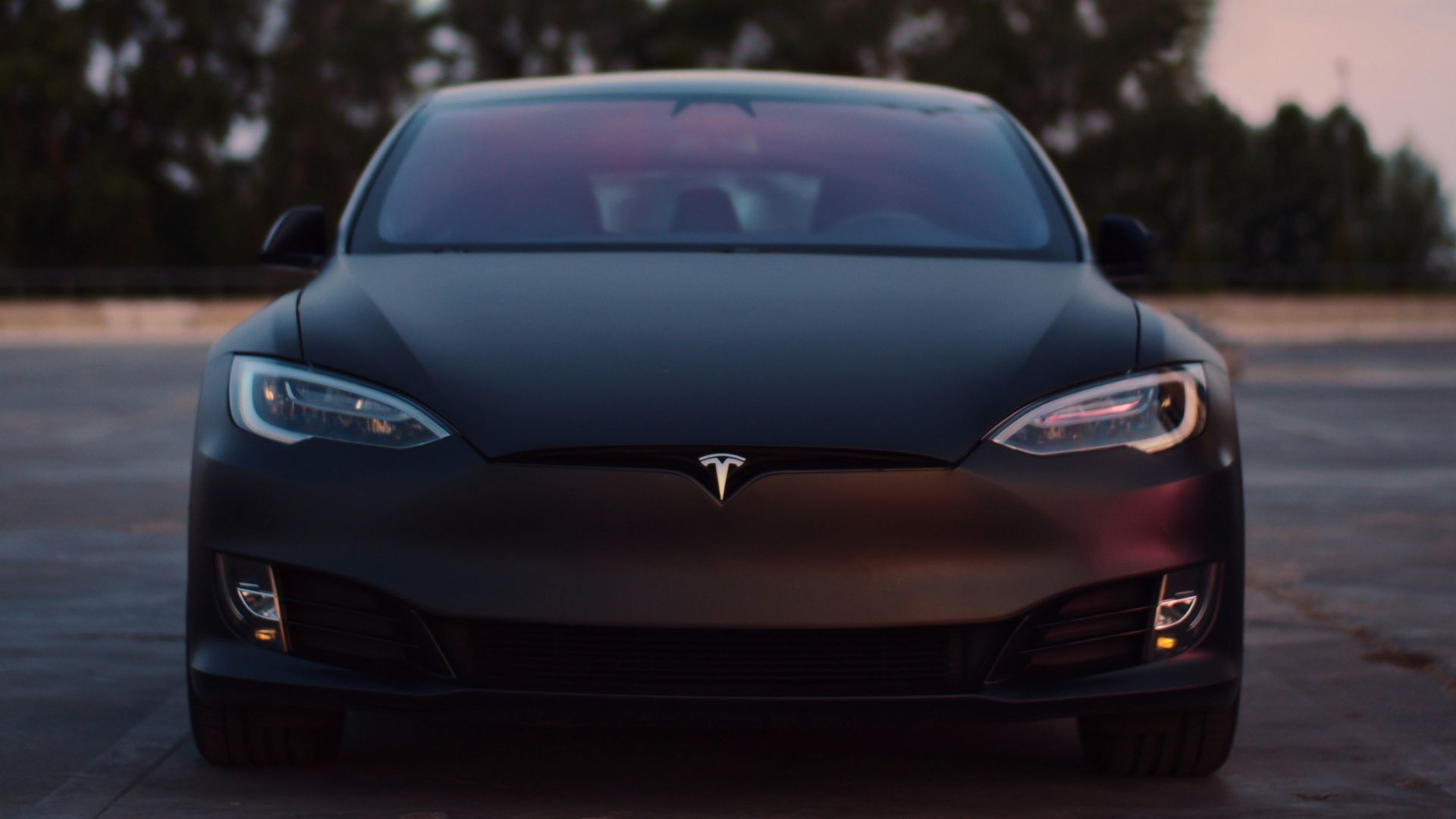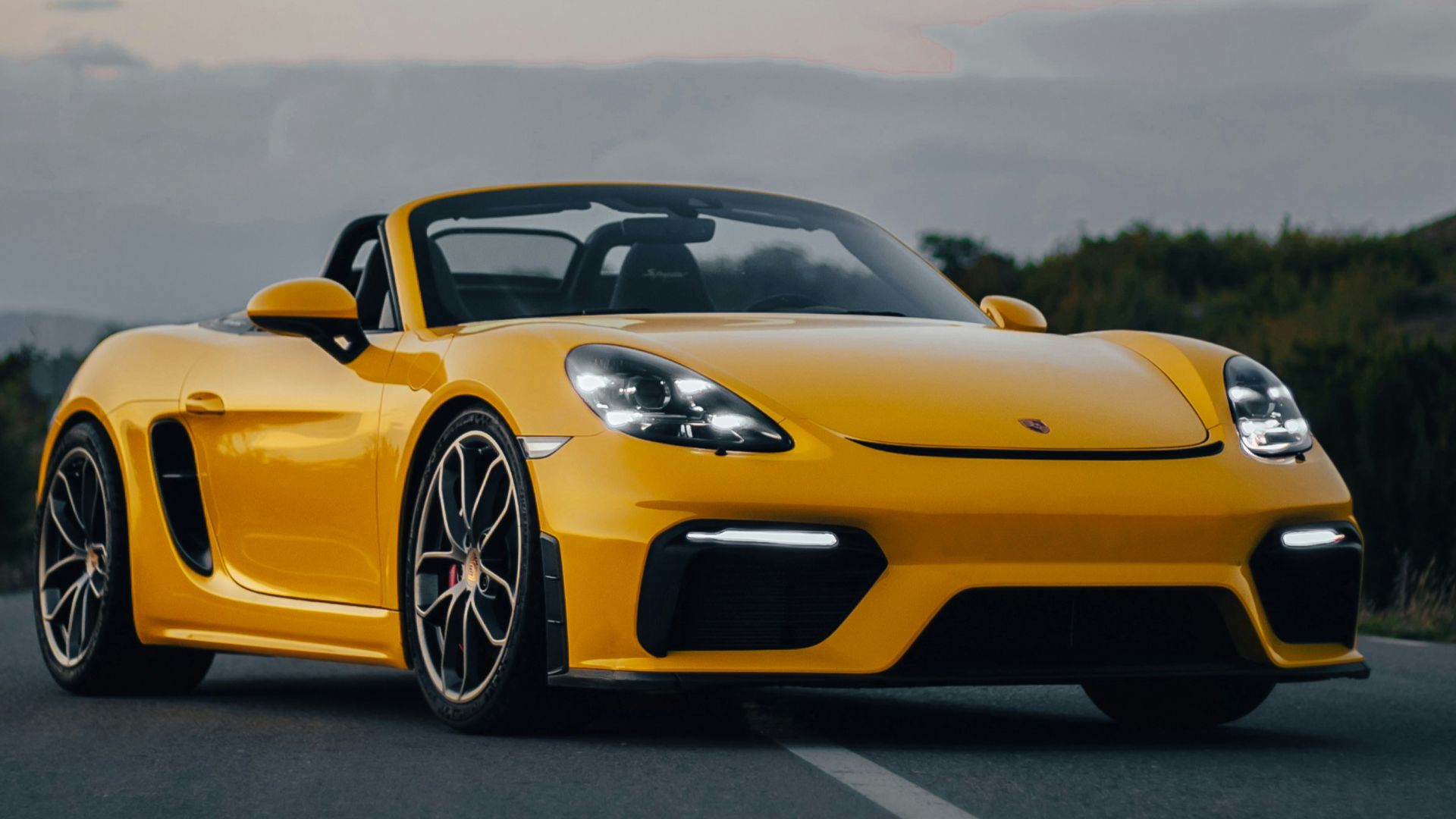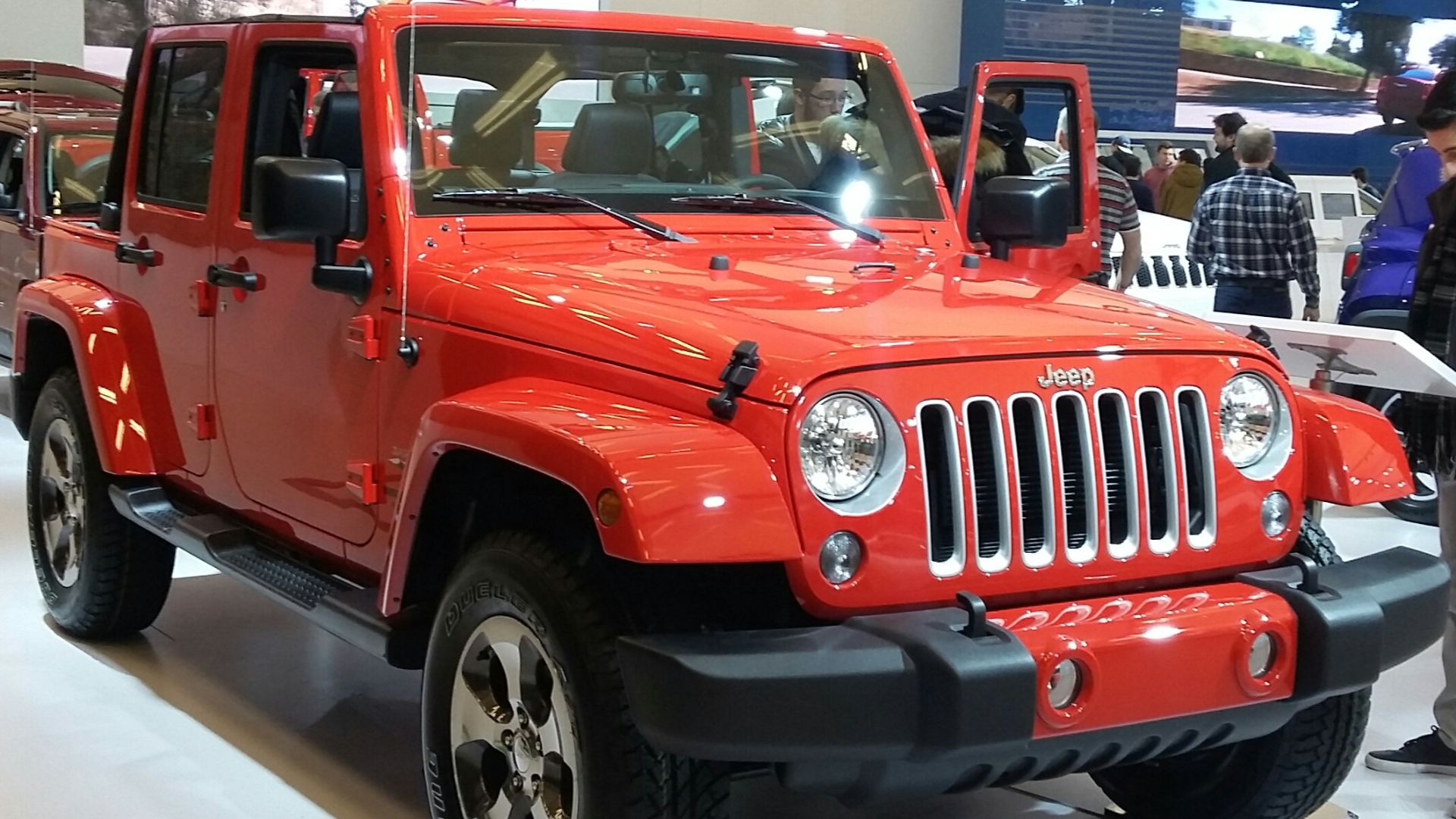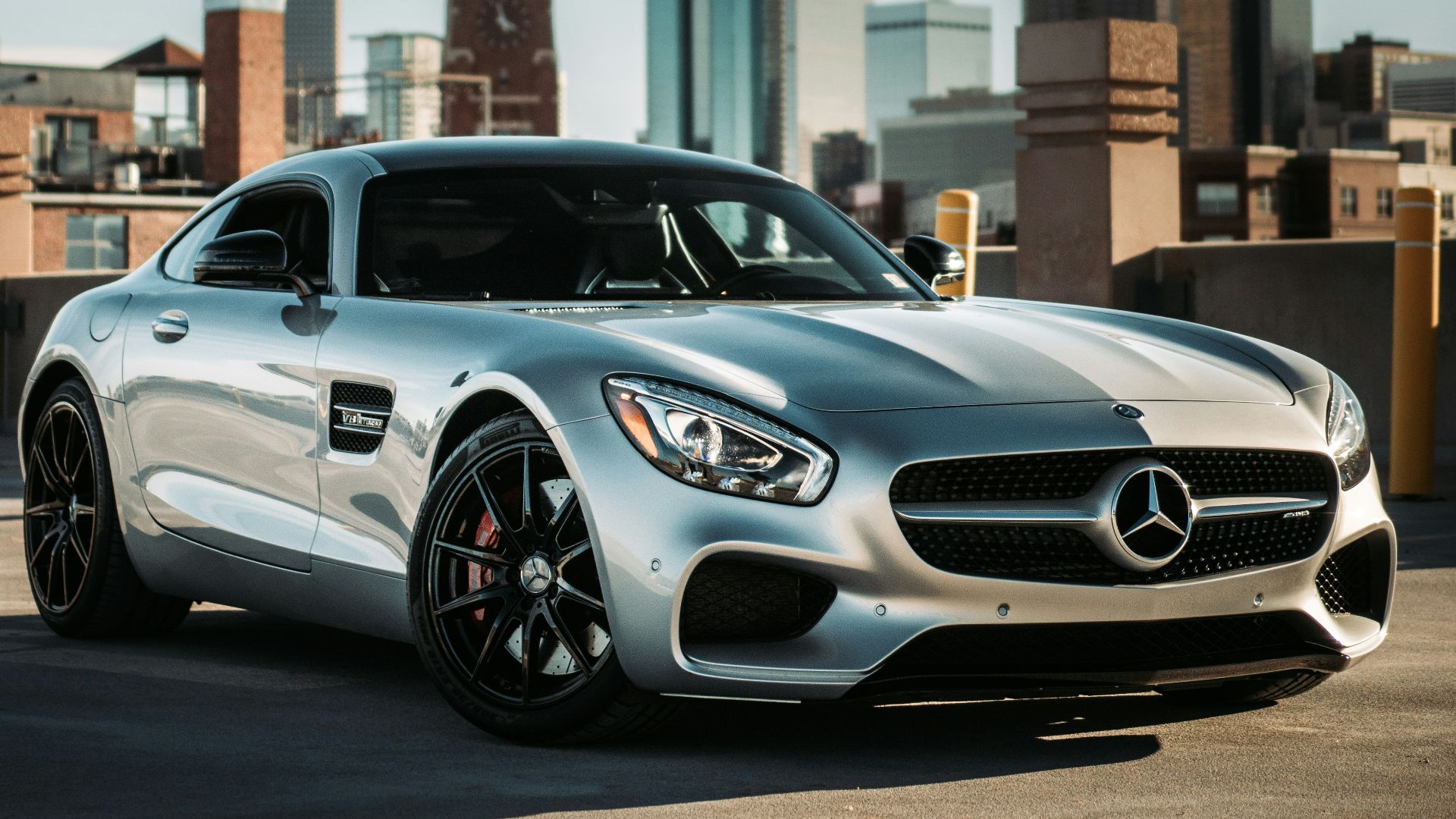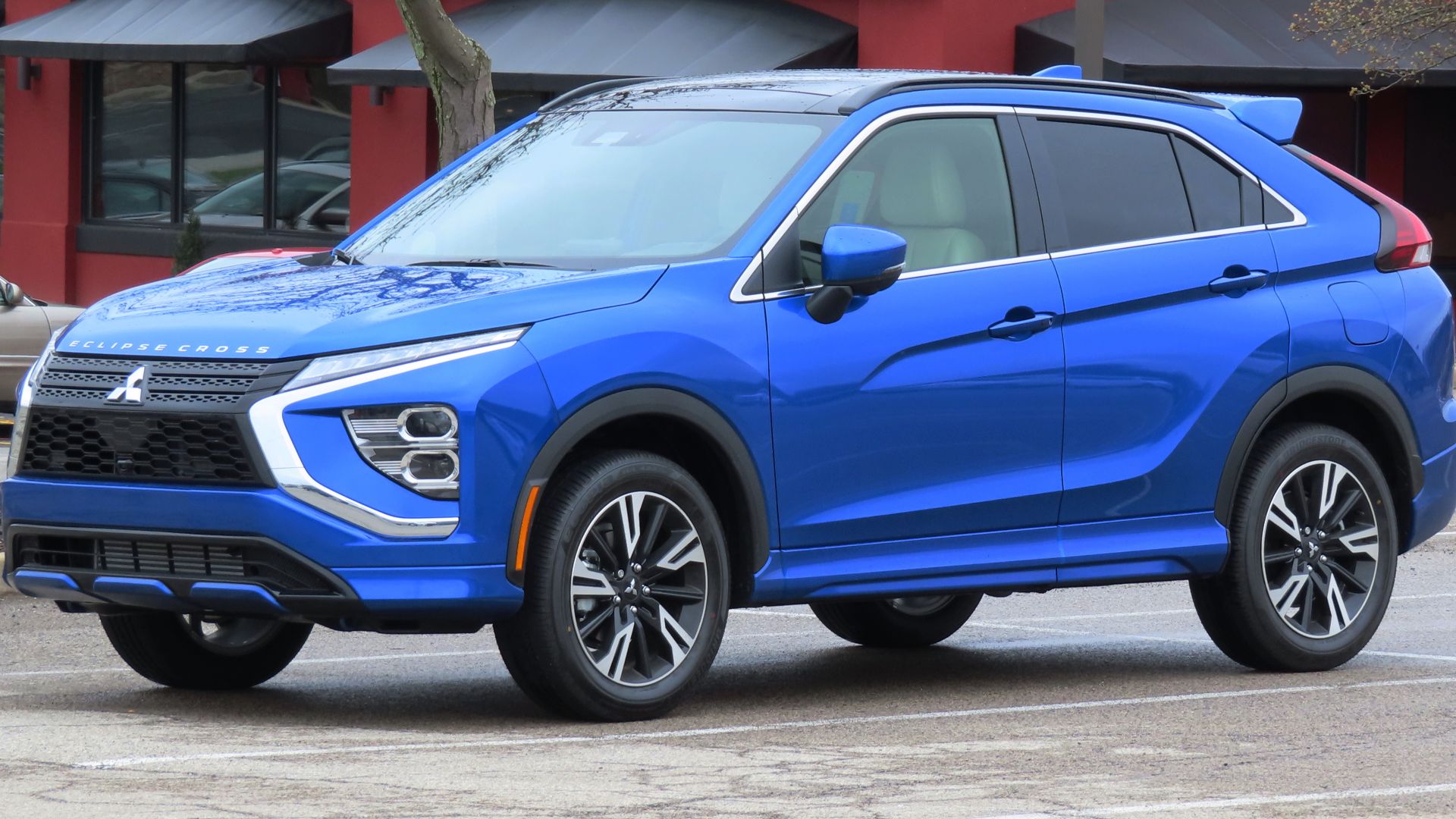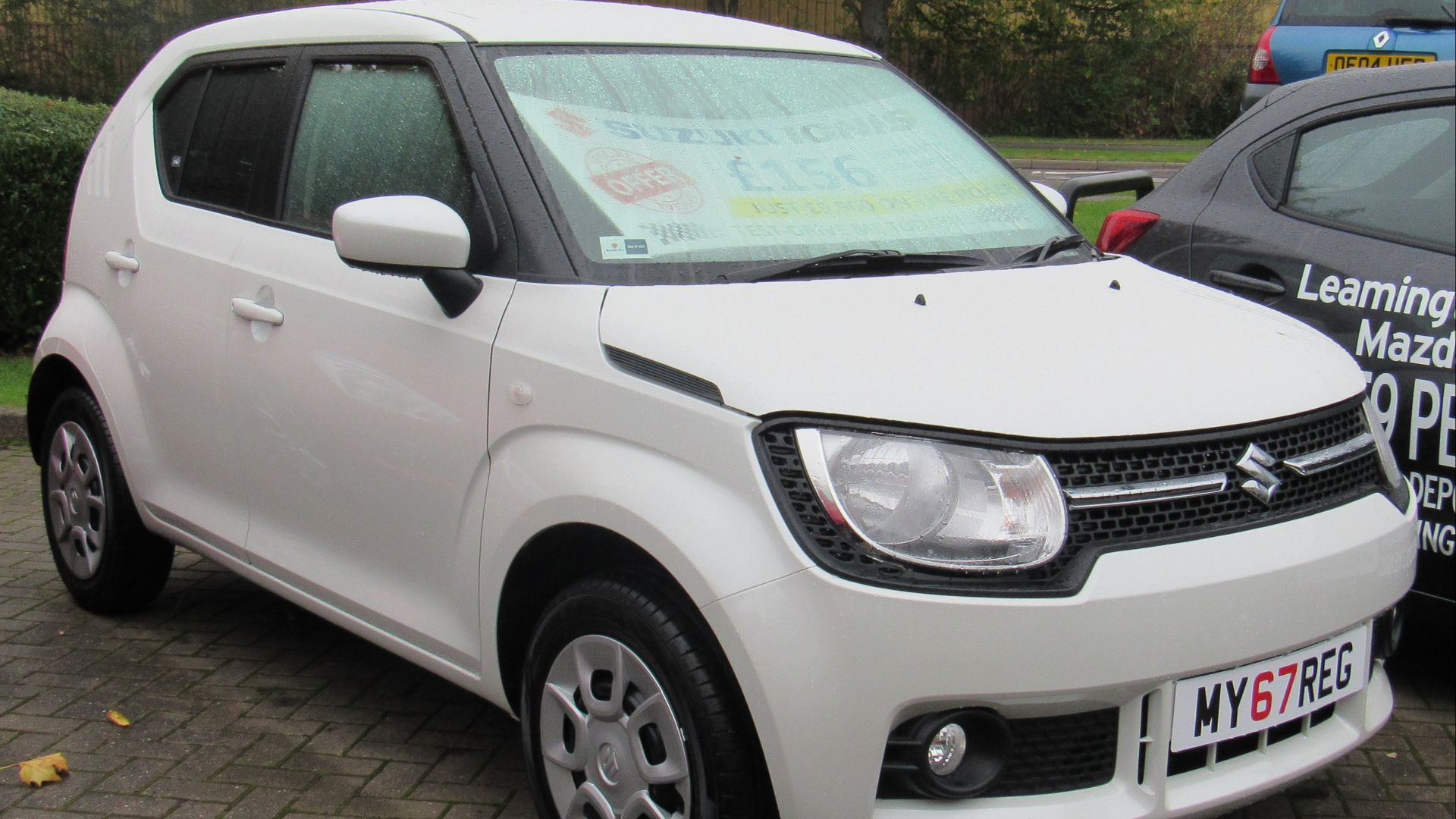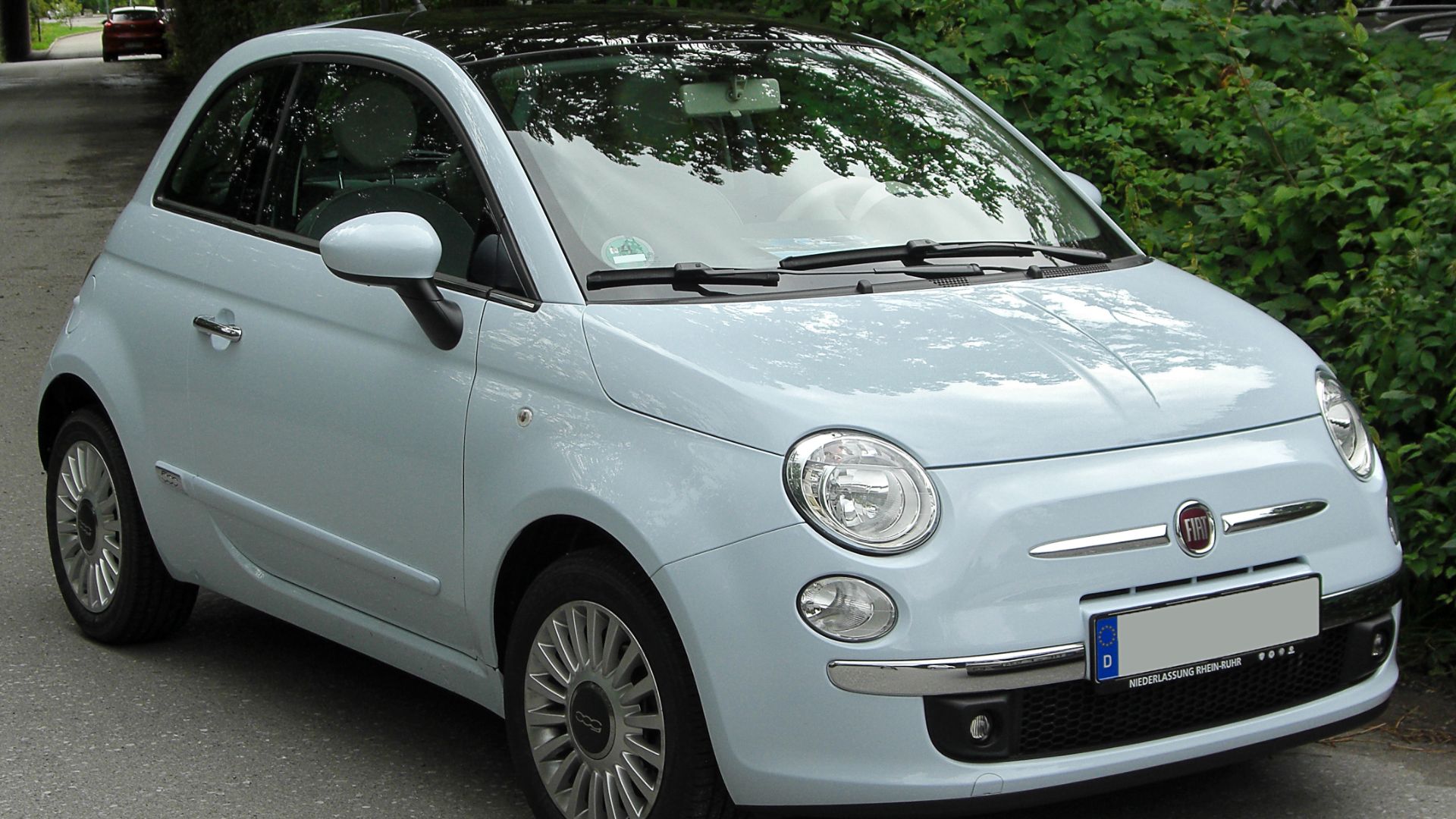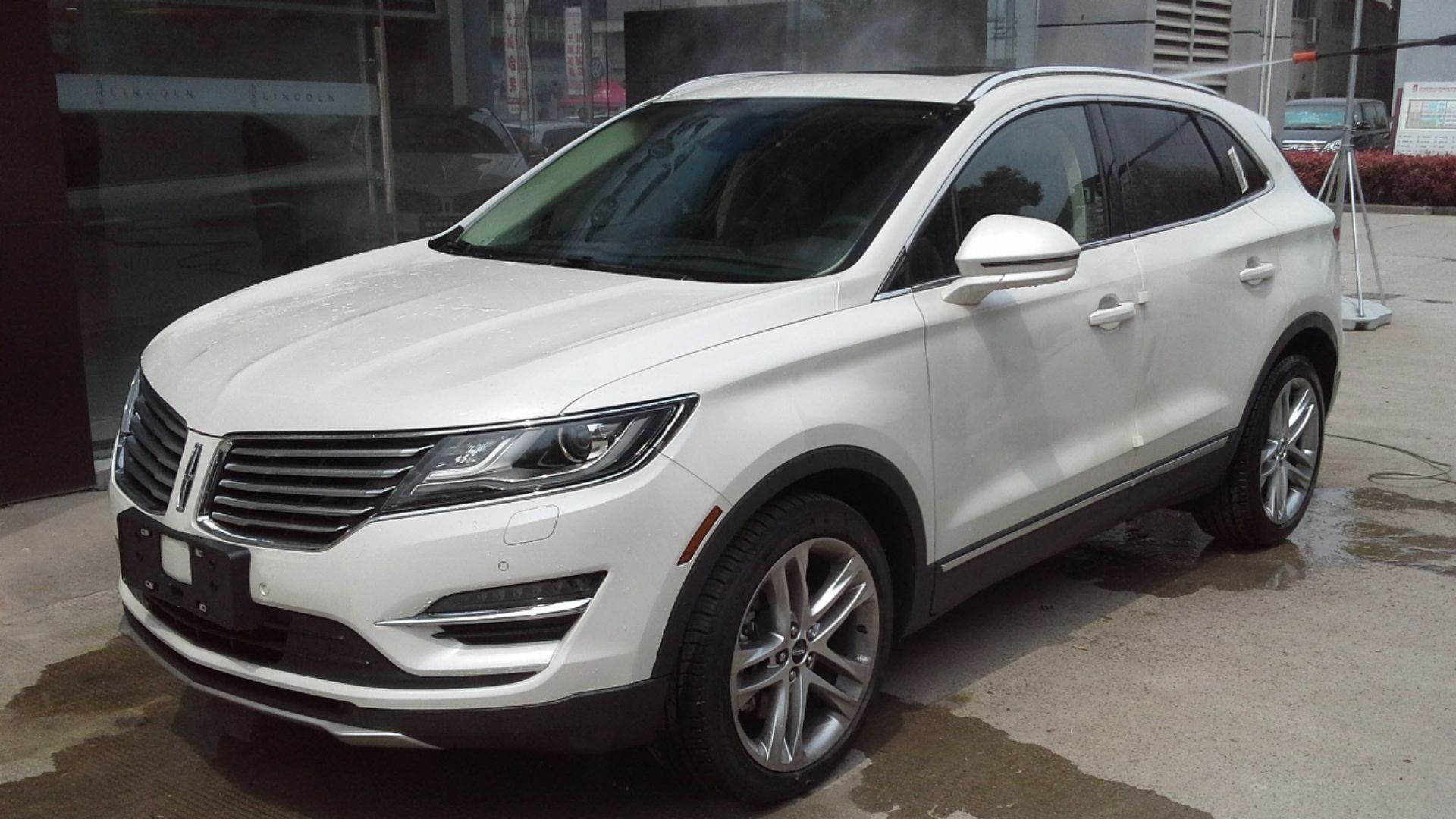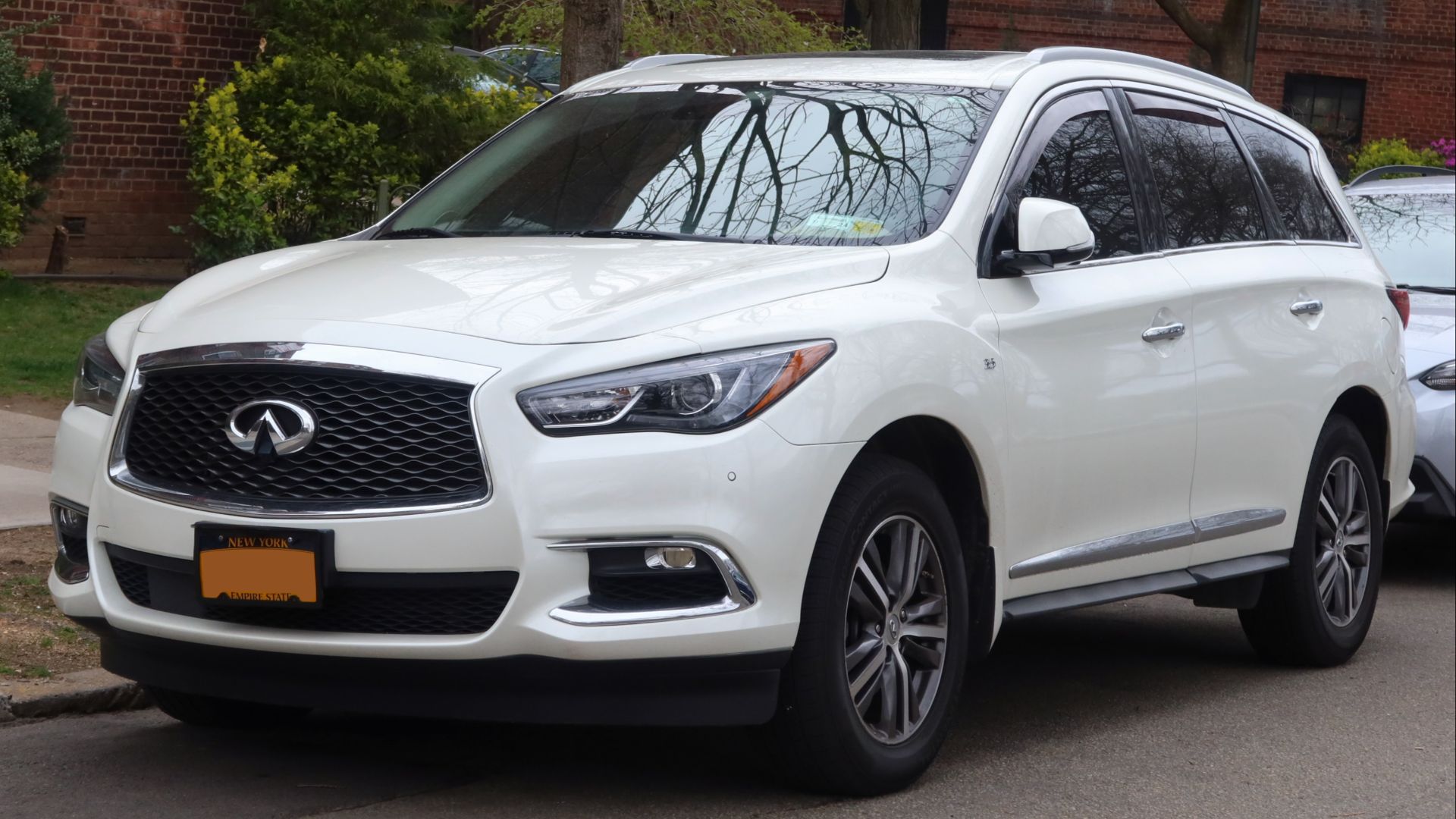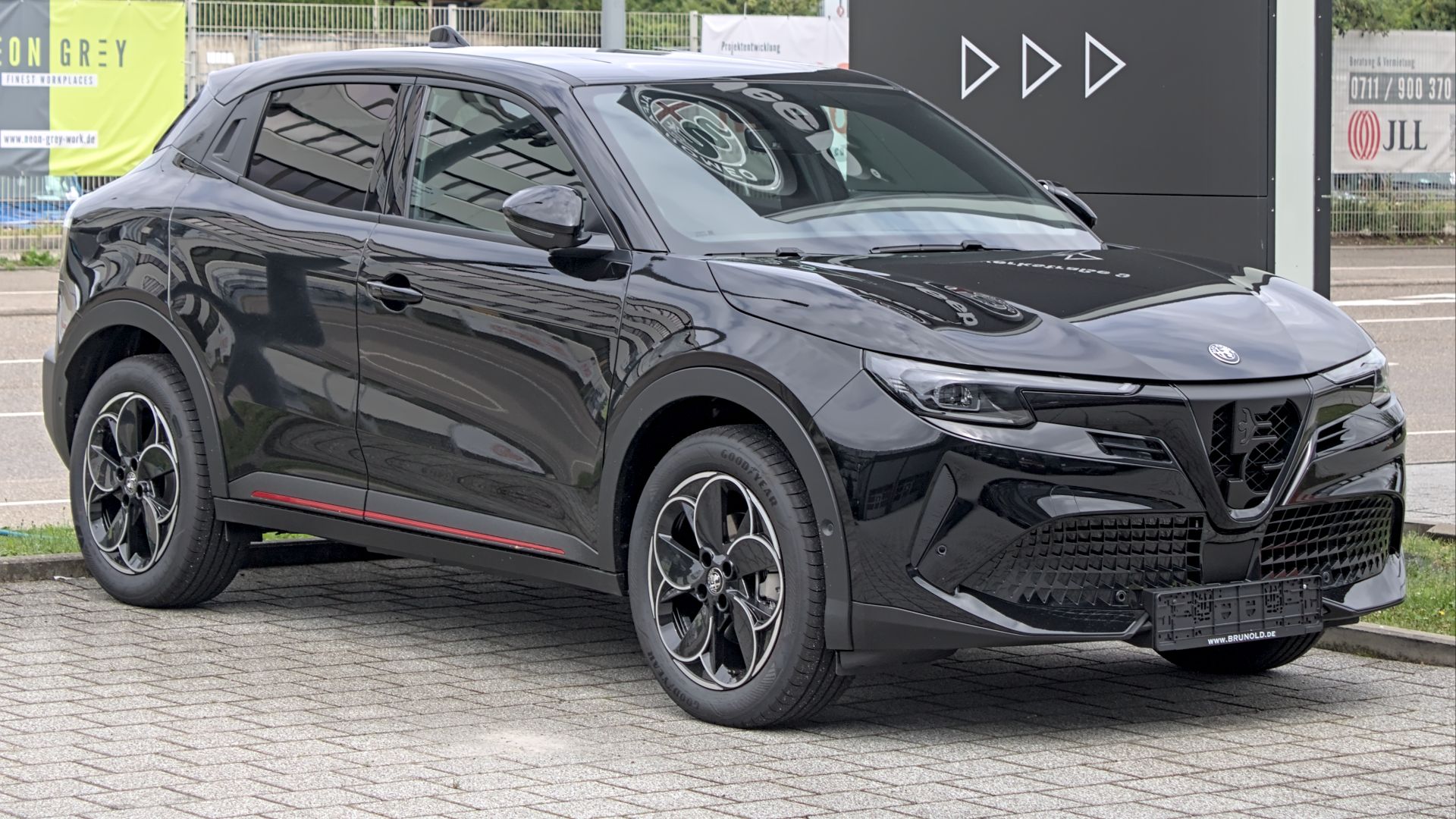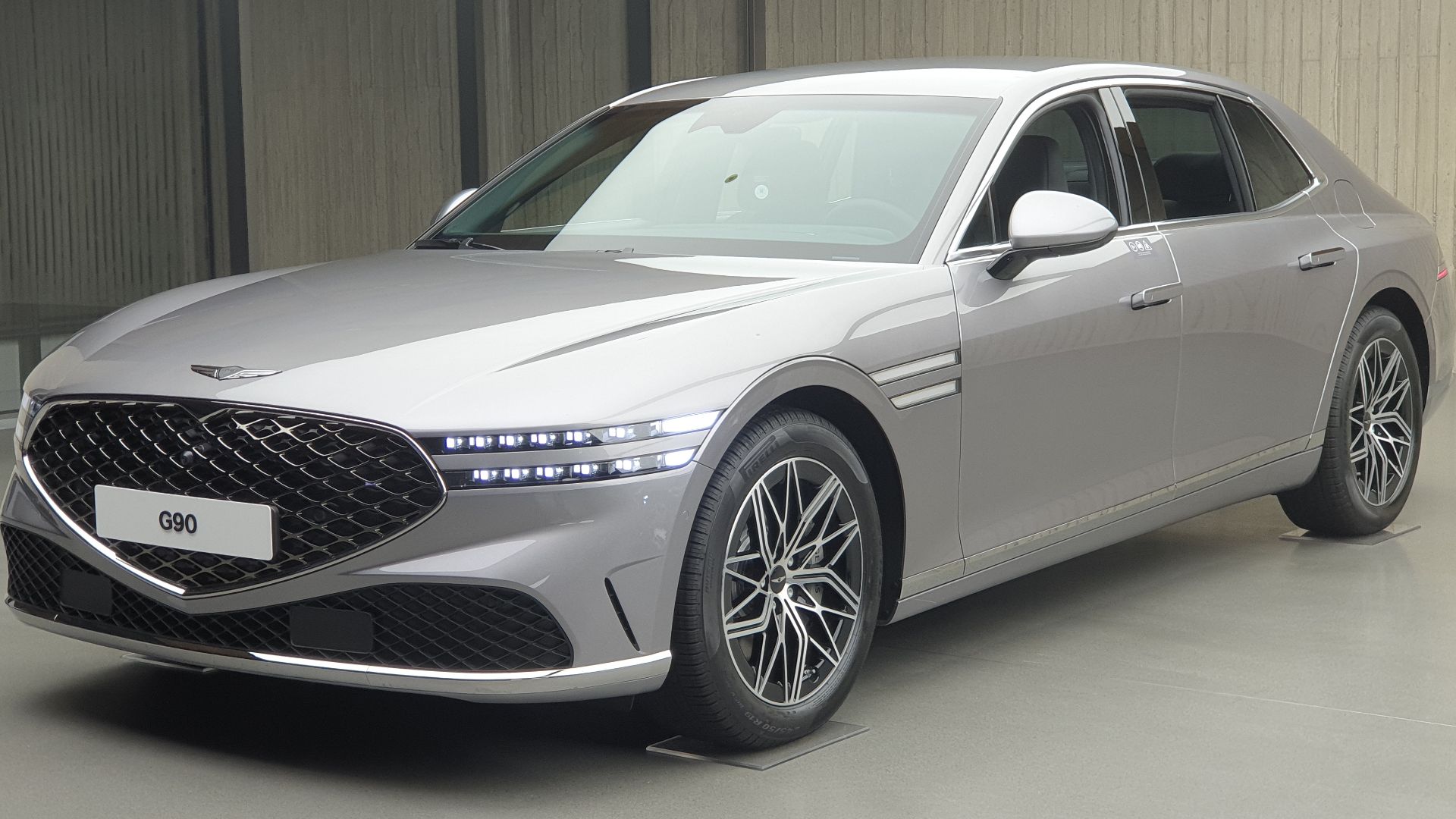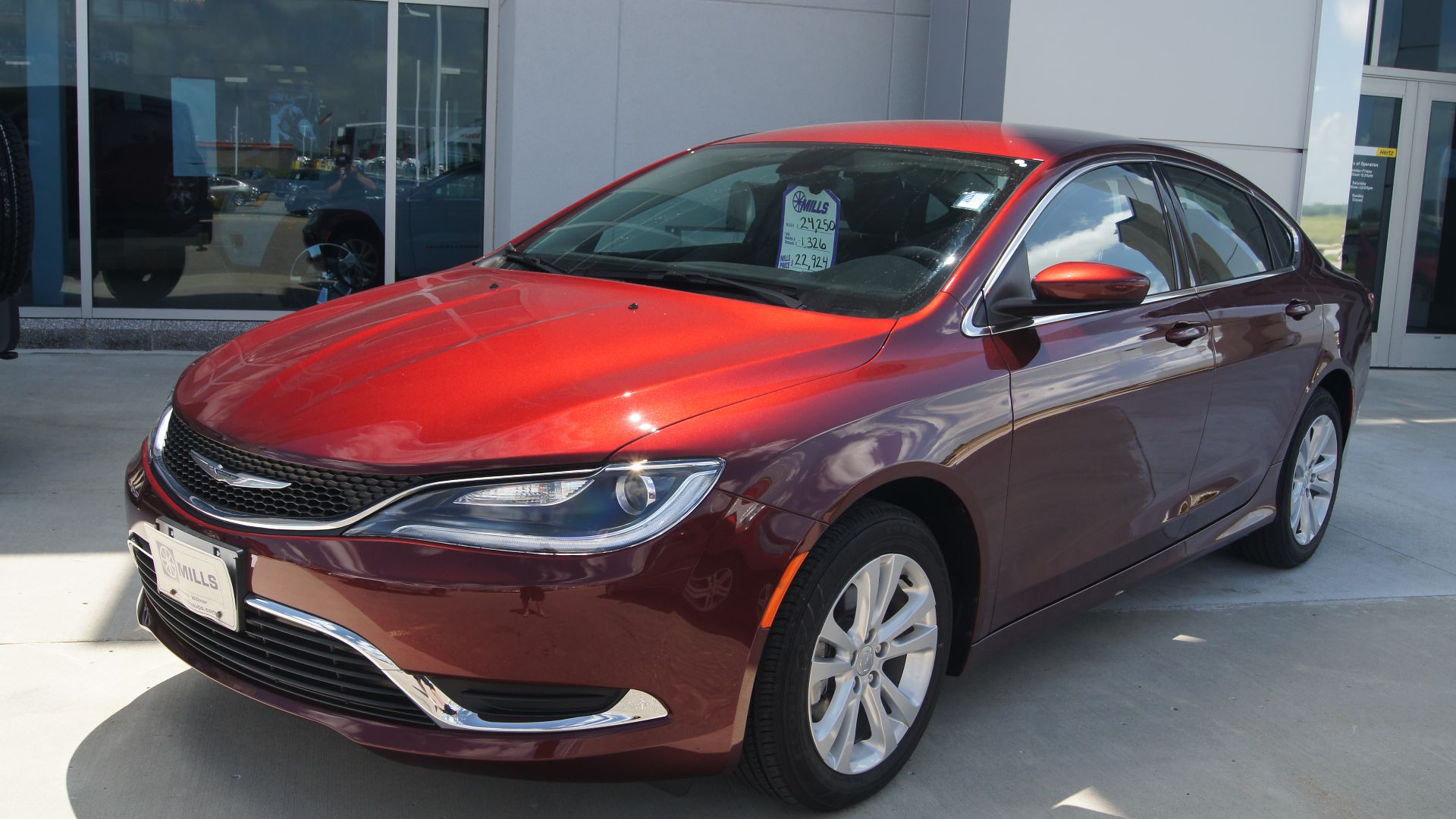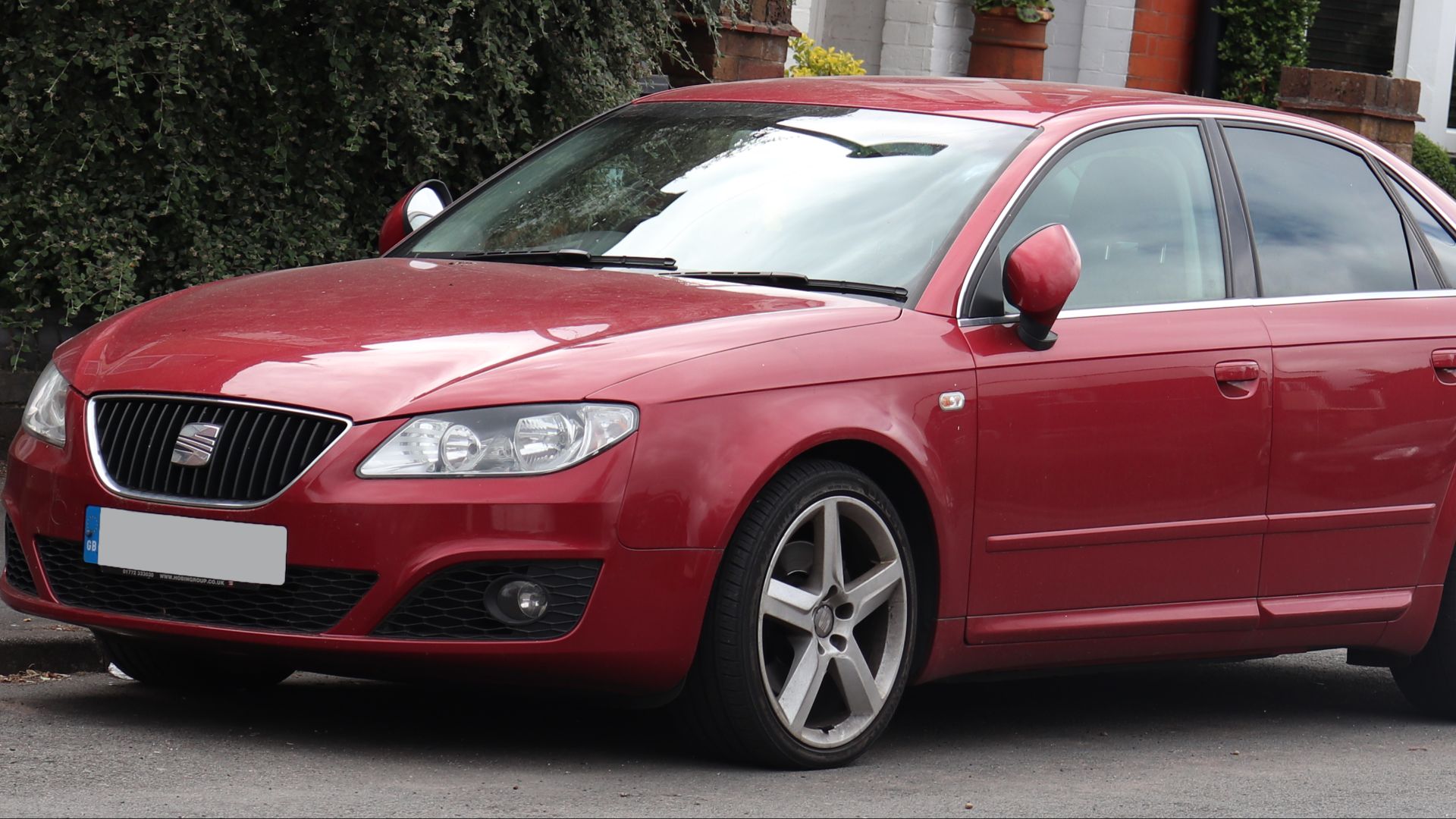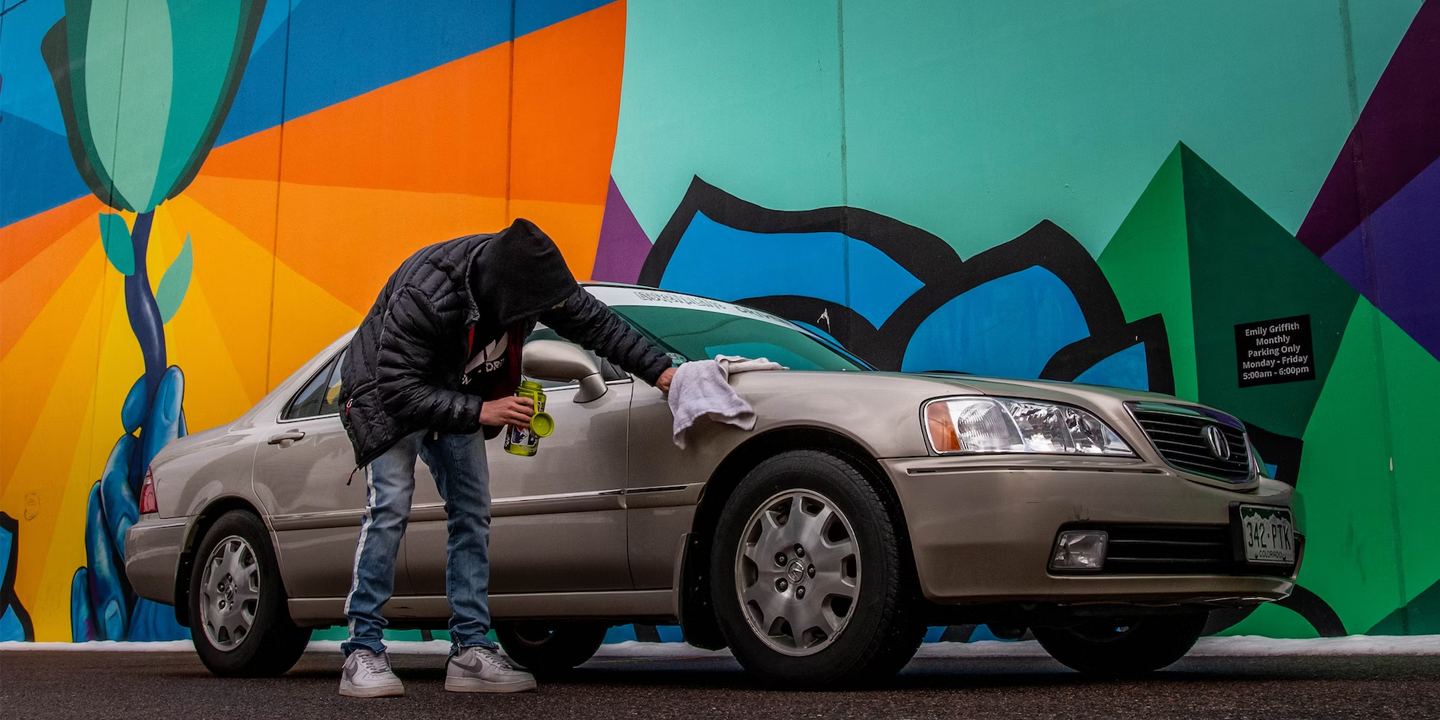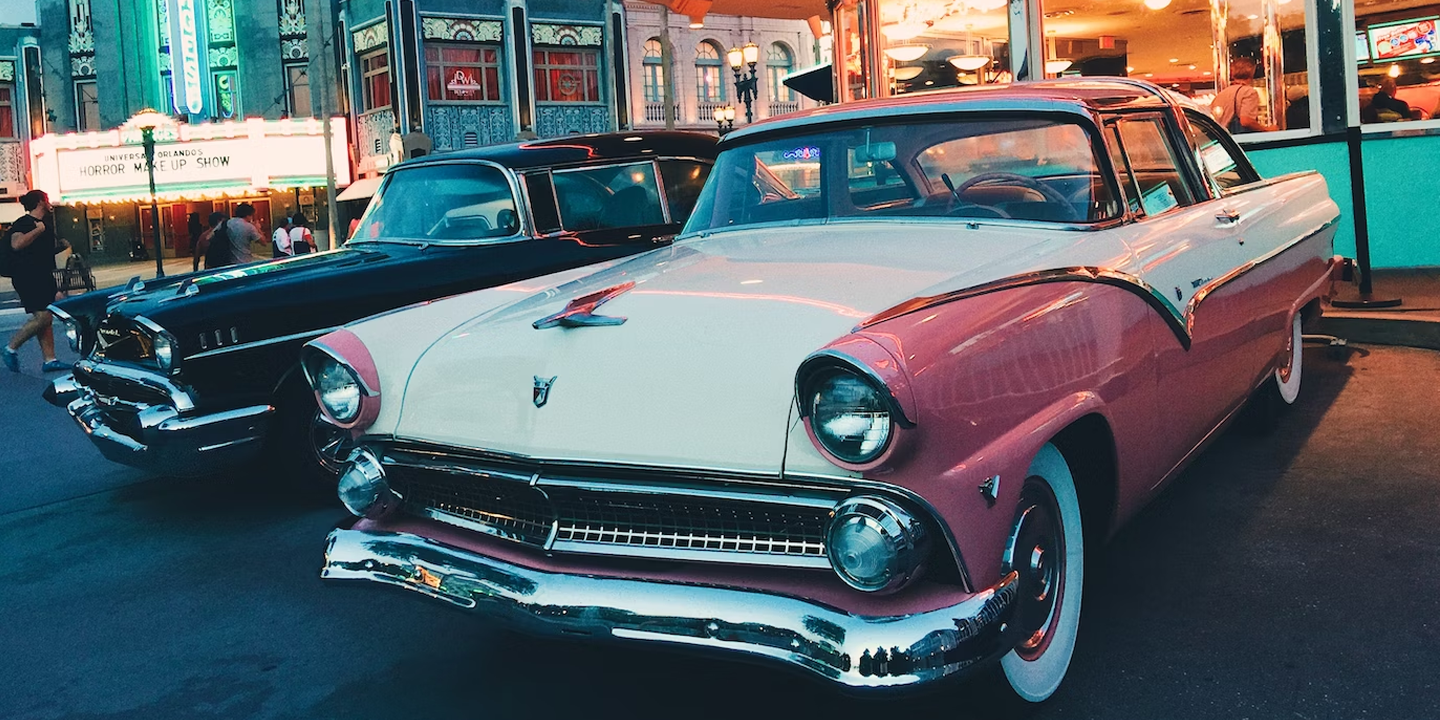Auto Empires Built On Smart Marketing
Regardless of engineering prowess or heritage, marketing can make or break a car brand. Some manufacturers have built empires on clever campaigns, while others struggle to connect with audiences despite consistently making competitive products. So, which 10 automakers have mastered the art of advertising and which have fallen by the wayside? Let's find out!
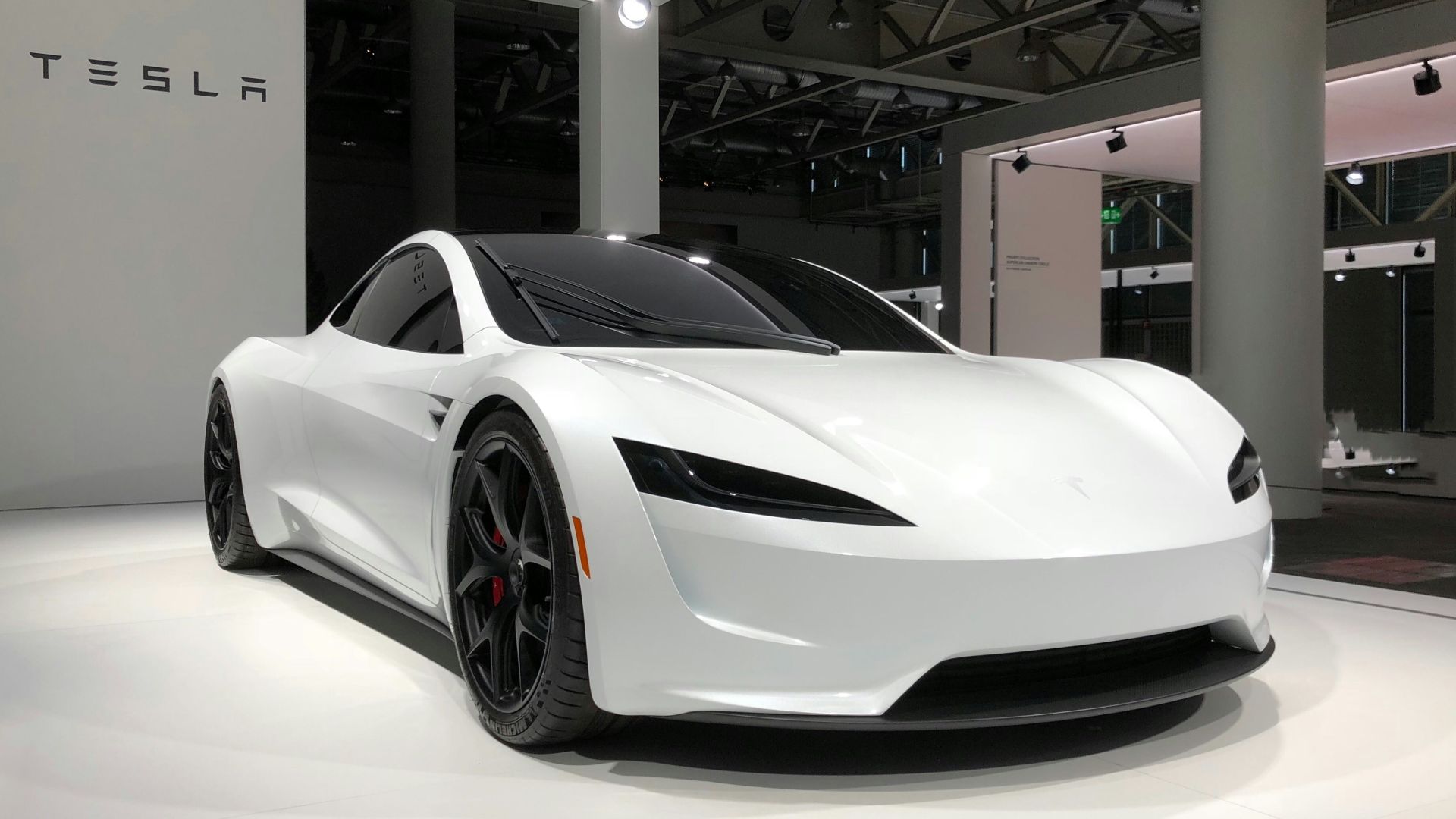 Tesla Fans Schweiz on Unsplash
Tesla Fans Schweiz on Unsplash
1. BMW
Not many automotive slogans have had the longevity of BMW’s “Ultimate Driving Machine,” introduced in 1974. The brand thrives on cinematic storytelling, particularly during Super Bowl campaigns. A 2010 pivot to the “Joy” campaign boosted U.S. BMW sales in the years that followed.
2. Ferrari
Scarcity is Ferrari’s strategy, and it works. In 2023, Ferrari’s brand value reached $9.1 billion—an astounding figure for a company that rarely needs to sell itself. The company leverages its F1 pedigree, elite reputation, and low production volume to cultivate desire without traditional advertising.
3. Mini
By turning a potential weakness into its signature, Mini embraced its small size with bold creativity. Its early 2000s relaunch featured cheeky slogans like “Let’s Motor” and urban guerrilla marketing tactics. Mini’s U.S. sales jumped considerably in 2005, defying conventional market expectations.
4. Subaru
Purpose-led storytelling that turned Subaru into a household name. Between 2007 and 2019, its U.S. sales skyrocketed from under 200,000 to nearly 700,000. For example, Subaru's “Love” campaign emphasized emotional connection over horsepower, resonating with safety-conscious drivers.
5. Dodge
Rather than shy away from its muscle car roots, Dodge went all in. The “Brotherhood of Muscle” campaign exuded raw power, perfectly timed with the launch of aggressive trims like the Hellcat. Dodge’s ads, packed with tire smoke and roaring engines, kept muscle culture alive for a new generation.
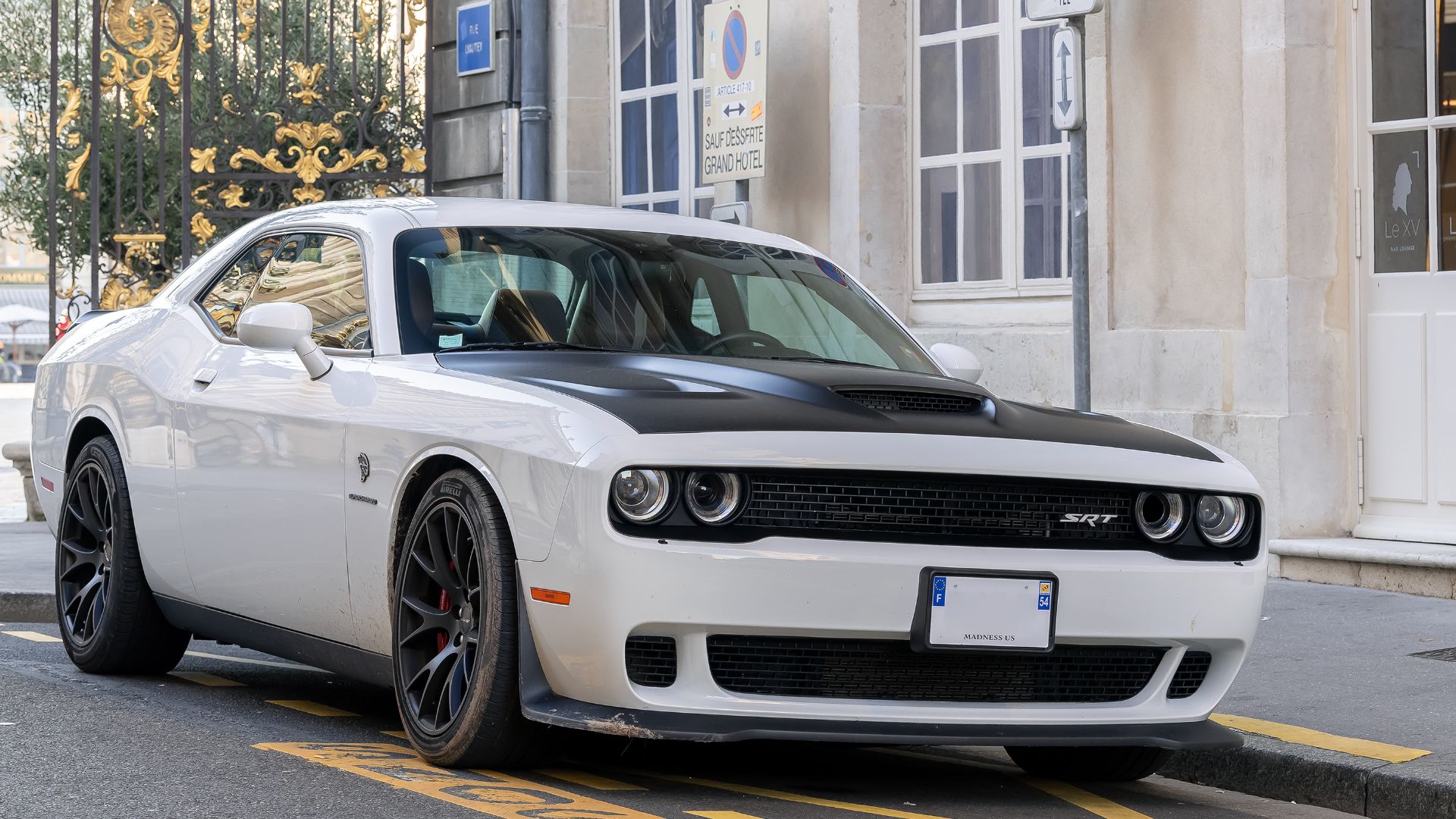 Alexandre Prevot from Nancy, France on Wikimedia
Alexandre Prevot from Nancy, France on Wikimedia
6. Toyota
As of 2023, Toyota was the best-selling automaker in the U.S. It built trust through consistency, not flash. Campaigns like “Let’s Go Places” and long-running reliability messaging reinforced its reputation. Its hybrid push was equally strategic, introducing the Prius as a movement, not just a car.
7. Tesla
Between 2020 and 2022, Tesla's net income rose from a mere $721 million to an astronomical $14.1 billion. Without traditional advertising, the company dominates conversation through controversy, product launches, and Elon Musk’s persona. Its viral unveilings drive awareness at virtually zero ad spend.
8. Porsche
Porsche expertly balances heritage with innovation in its marketing. Emphasis is always on driving emotion and embracing modernity, as seen in Taycan’s positioning as an electric and unmistakable Porsche. With brand value reaching $43.1 billion in 2023, Porsche is one of the most profitable carmakers.
9. Jeep
Jeep’s “Go Anywhere, Do Anything” mantra dates back decades, yet remains current through off-road events and social media engagement. It markets freedom and adventure with clarity that few rivals have achieved. The annual Easter Safari in Moab and Trail Rated branding reinforce authenticity.
10. Mercedes-Benz
This brand's messaging has long focused on prestige and advanced technology, backed by consistent visual storytelling. Collaborations with high-fashion and tech companies keep the brand aspirational. In 2023, Mercedes was the most valuable luxury auto brand globally, estimated at $59.4 billion.
Now that we've explored auto brands with undeniable marketing strategies, let's consider others who have yet to master the art.
1. Mitsubishi
Despite a solid lineup in the '90s, Mitsubishi failed to maintain momentum due to lackluster branding and inconsistent messaging. U.S. advertising virtually disappeared for years, leaving consumers unclear about its identity. Models like the Eclipse Cross launch were met with confusion, not enthusiasm.
2. Suzuki
Though globally successful in markets like India and Japan, Suzuki never figured out how to connect with American buyers. Its U.S. ads lacked cohesion and failed to define a clear brand voice. The company withdrew from the U.S. market in 2012 after years of stagnation.
3. Fiat
Fiat’s Ads relied too heavily on nostalgia and Euro-charm without addressing American tastes. The 500’s quirky image was overplayed, while follow-up models lacked marketing support and appeal. From its 2012 peak of 46,000 units, U.S. sales plunged to under 2,000 by 2022. Yikes!
4. Lincoln
Luxury requires more than chrome and soft seats—it demands a narrative. Lincoln has struggled to define itself beyond "Ford with leather." Attempts like the Matthew McConaughey ads sparked attention but lacked a unifying strategy. And this kind of inconsistent messaging left it trailing in 2023.
5. Smart
Smart exited the American market in 2019 after selling fewer than 1,300 units that year. This was because its marketing leaned too heavily into minimalism without effectively selling the lifestyle or benefits. The brand banked on novelty but failed to expand its narrative beyond tiny urban mobility.
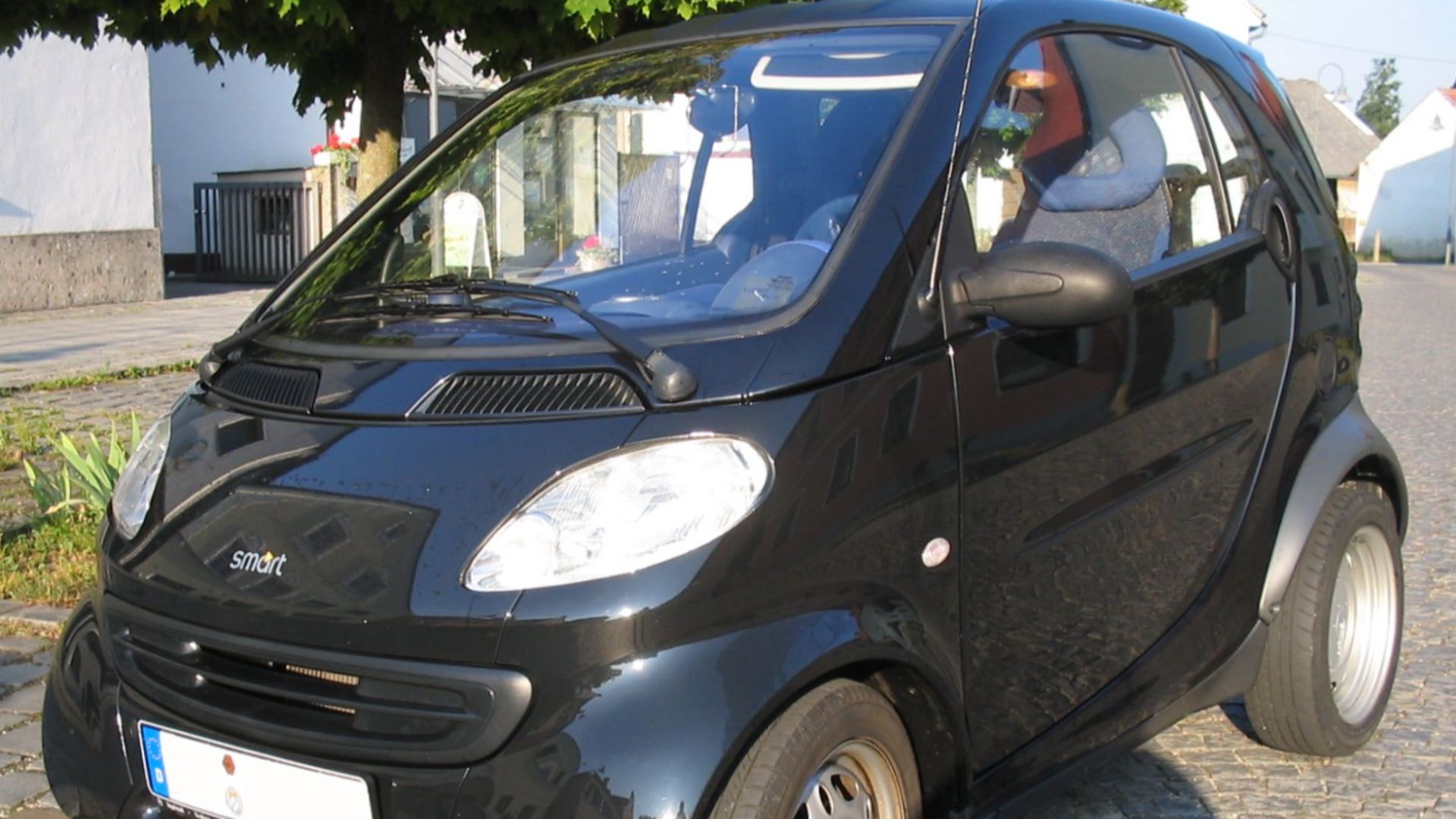 User Eppasandas on de.wikipedia on Wikimedia
User Eppasandas on de.wikipedia on Wikimedia
6. Infiniti
Infiniti has struggled with brand identity almost since its 1989 debut. Sales fell from a peak of over 116,000 units in 2013 to about 64,700 units in 2023, a decline of roughly 45%. Their campaigns often waver between promoting sporty performance and understated luxury, which leaves potential buyers confused.
7. Alfa Romeo
On re-entering the U.S. market in 2014, Alfa Romeo promised performance but delivered reliability concerns. Despite models like the Giulia earning critical acclaim, Alfa sold fewer than 13,000 vehicles in the U.S. in 2023. Ads focused heavily on Italian heritage without addressing American buyers’ needs.
8. Genesis
Genesis builds outstanding cars but often fumbles the messaging. Launch campaigns lacked the boldness needed to carve a niche in the luxury space dominated by European giants. While recent efforts like the “Keep Beginning” campaign have improved, slow early branding has stalled momentum.
9. Chrysler
Once a dominant name, Chrysler now suffers from an outdated image and minimal marketing presence. Campaigns like "Imported from Detroit" made waves in 2011 but lacked sustained follow-through. A lack of fresh product pipelines and strong storytelling has pushed the brand further into obscurity.
10. Seat
Despite Volkswagen's backing, Seat has struggled to establish a unique identity beyond Southern Europe. Marketing often lacks clarity, swinging between sporty and sensible without a consistent voice. The brand sold fewer than 400,000 vehicles globally in 2022, trailing far behind Skoda and Audi.


